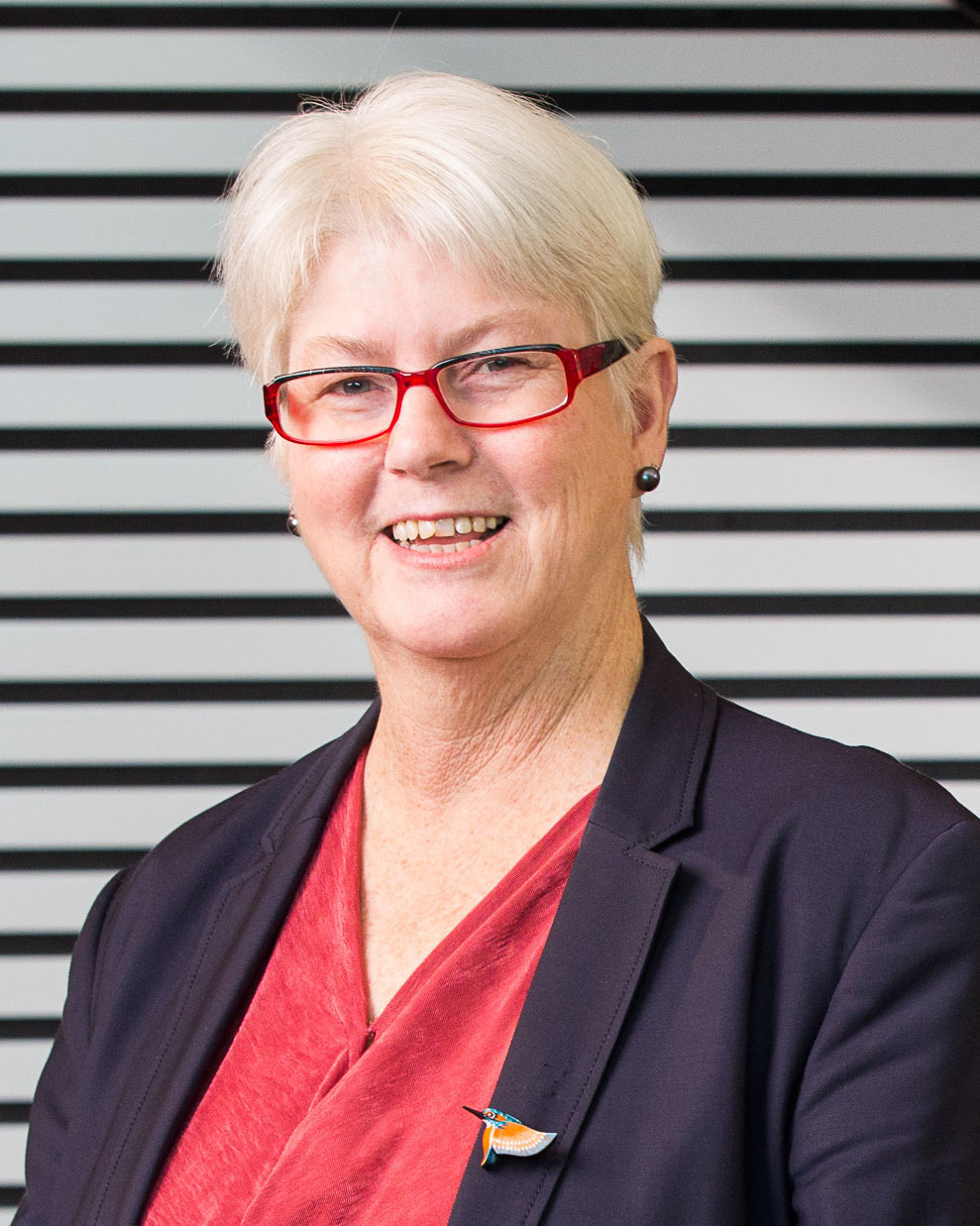Cellular machines, molecular movies and malaria therapies
Malaria is responsible for the death of more than 600,000 people annually, mostly in the age group 0-5 years. Artemisinin - the frontline antimalarial drug class - is compromised by emerging resistance. Professor Tilley will present recent findings from her lab on the mechanisms of action of and resistance to artemisinin. These studies are underpinning efforts to develop new antimalarial strategies.
As an organism that undergoes rapid growth and cell division, the malaria parasite is very reliant on two major cellular homeostasis pathways: protein translation and proteasomal degradation. The Plasmodium falciparum proteasome is a potential antimalarial drug target for compounds with activity against multiple life cycle stages. Starting from inhibitors developed to treat cancer, new derivatives were designed and synthesized that exhibit good selectivity and potency at different stages of the parasite’s lifecycle.
Professor Tilley's group have also identified a new series of nucleoside sulfamates that exhibit high potency against P. falciparum blood stage cultures, high selectivity against mammalian cell lines and long half-lives in blood. In seeking to understand the molecular mechanism of action, her team realised they had inadvertently discovered a way to turn malaria parasites on themselves. These reaction hijacking inhibitors find a chink in the machinery that the malaria parasite uses to generate new proteins. The work points to the potential for the design of bespoke nucleoside sulfamates with tuneable specificity for applications in a broad range of infectious diseases.
Meet the speaker
 Leann Tilley is Professor Emeritus of Biochemistry and Pharmacology, at the Bio21 Institute, University of Melbourne. Leann was awarded the Georgina Sweet Australian Laureate Fellowship from the Australian Research Council, to measure and model malaria parasites.
Leann Tilley is Professor Emeritus of Biochemistry and Pharmacology, at the Bio21 Institute, University of Melbourne. Leann was awarded the Georgina Sweet Australian Laureate Fellowship from the Australian Research Council, to measure and model malaria parasites.
Leann’s laboratory applies techniques, such as super-resolution optical microscopy, structural cryoEM, X-ray crystallography and chemical biology, to identify vulnerabilities in the malaria parasite and other pathogens. She is interested in the action of and resistance to anti-malarial drugs; and is working with industry partners to design plasmodium-specific compound that hijack adenylate forming enzymes.
She believes that the development of drugs for diseases that affect patients who can’t afford expensive treatments, requires radical new approaches, involving Academic/ Private/ Public partnerships. She would like to be part of the exciting developments in these areas
About Biochemistry Alumni Lecture
Established in 1990, the Biochemistry Alumni Lecture brings together past and present students and staff of the biochemistry discipline within UQ's School of Chemistry & Molecular Biosciences.
The lecture was not offered in 2020 and 2021 due to the COVID-19 pandemic.
Visit our Facebook page to view photos from past events.
